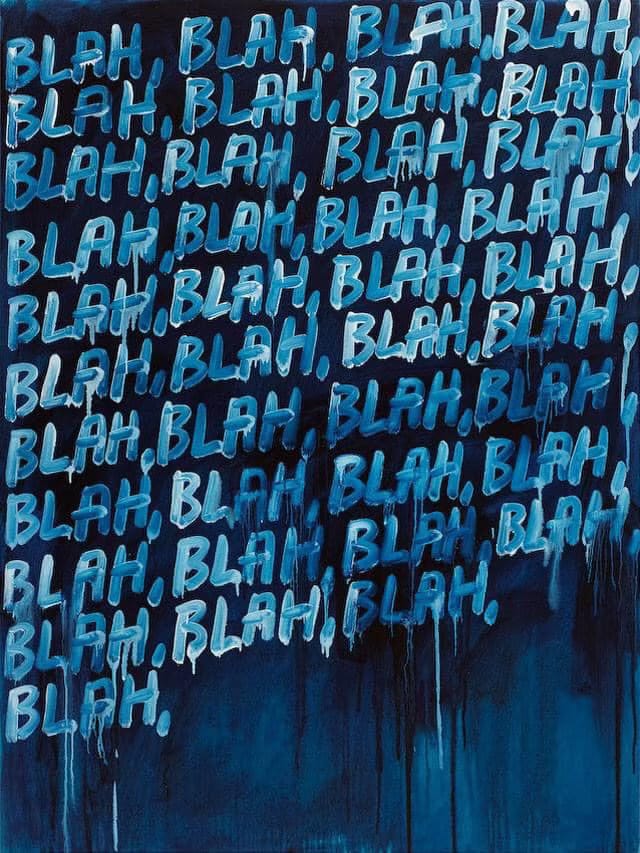Writing Problems: Attachment
A poem is a relationship or a communal moment between a poet and a reader, not unlike a hug or a handshake. Indeed, the relationship between reader and poem is dynamic and alive: Different readers engage at different levels of intimacy with different poems; poems are informed and animated by reader reactions; poems change a reader’s being-in-the-world.
A poem, therefore, is an attachment between the poet and the reader. Sending out poems into the arms of a reader, cultivating a readership, or engaging a real person at the receiving end of your poem is a process similar to initiating or sustaining any interpersonal attachment.
So what makes for healthy attachment in the poetic exchange? Researchers Amir Levine and Rachel Heller have studied attachment style theory at length and their findings are in a fascinating book, Attached.
In their research they found three attachment styles:
Securely Attached people are comfortable with intimacy and express love and warmth. (“Getting Comfortably Close”)
Anxiously Attached people want intimacy, but are preoccupied with their relationships and worry about their partner loving them back. (“Living with a Sixth Sense for Danger”)
Avoidant Attached people equate intimacy with loss of independence and thus try to reduce closeness. (“Keeping Love at Arm’s Length”)
Keep reading with a 7-day free trial
Subscribe to The Sharpener to keep reading this post and get 7 days of free access to the full post archives.


